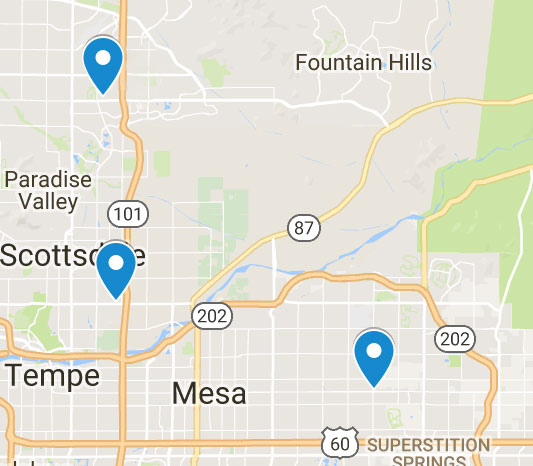While allergies are an unfortunate problem to be dealing with on a regular basis on their own, seasonal allergies can also be bad enough to affect your ears and your hearing. Heavy pollen levels commonly trigger an accumulation of fluid and wax in the middle ear, which also swells, blocking off the Eustachian tubes, resulting in hearing loss. In addition, the inflammation and extra mucous that allergies cause in your airway are enough to cause fluid back up in your Eustachian tube, which leads from the back of your throat all the way to your inner ear. When you experience this Eustachian tube dysfunction due to seasonal allergies, your hearing will sound muffled, and you will have the sensation that your ears need to “pop.” Local audiologists say that allergies tend to be worse in the fall and spring due to increased wind and extra moisture.
While it is possible that you may need a hearing test to determine if there are any underlying issues causing the muffled hearing, there are some steps you can take for symptom improvement. An intranasal steroid is great for baseline control of allergy symptoms. In addition, using an anti-histamine on the days when your allergies are especially bad. Alternating anti-histamines can help to improve your symptoms and performing a nasal saline irrigation might help. If alternating anti-histamines and saline irrigation does not help it is important to contact your allergist or audiologist so that they may provide you with additional treatment options. Since there is a possibility that there could be an underlying issue, it is important to find your local audiologist to have your hearing tested and be sure your ears are in optimal health.

